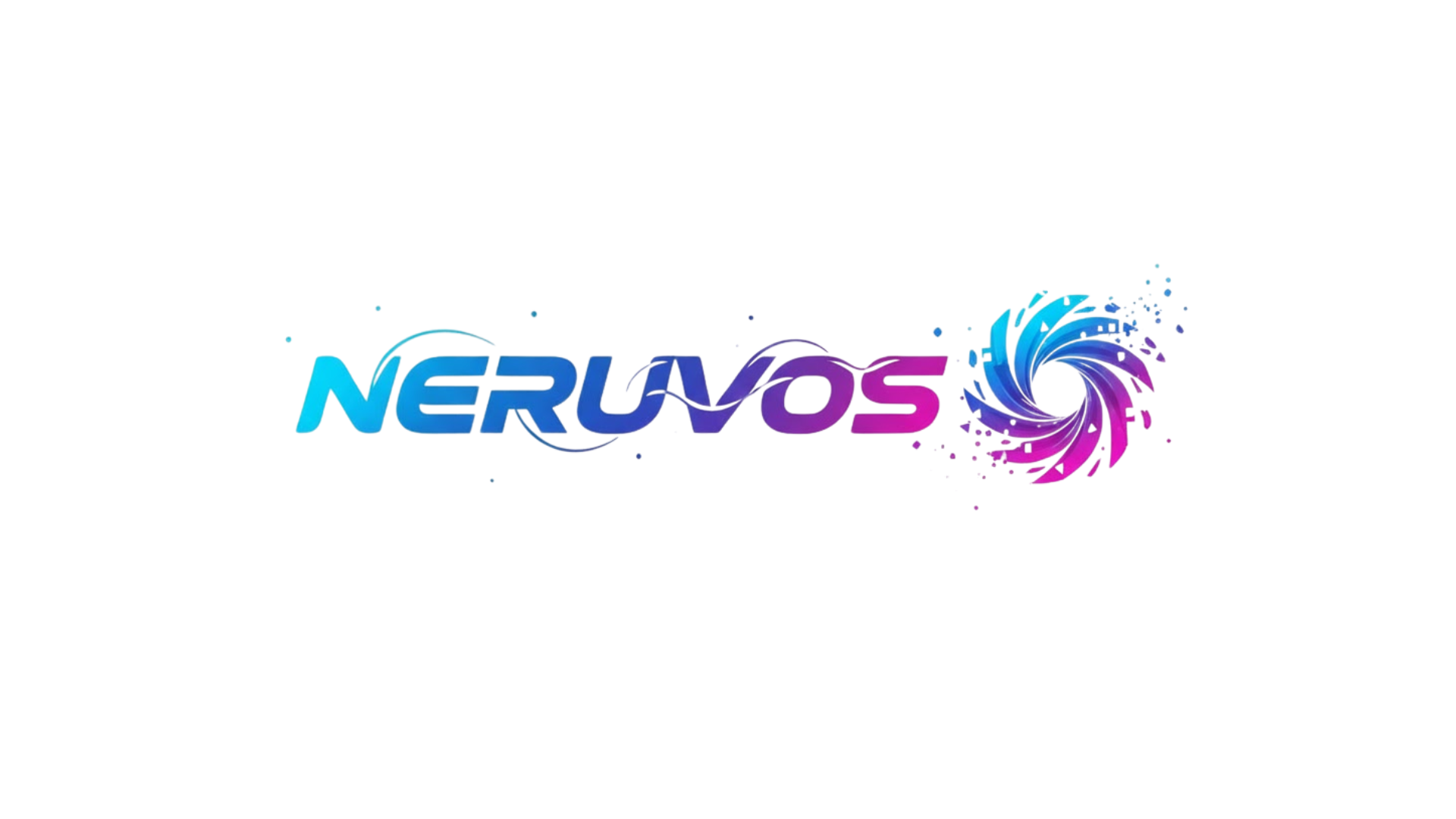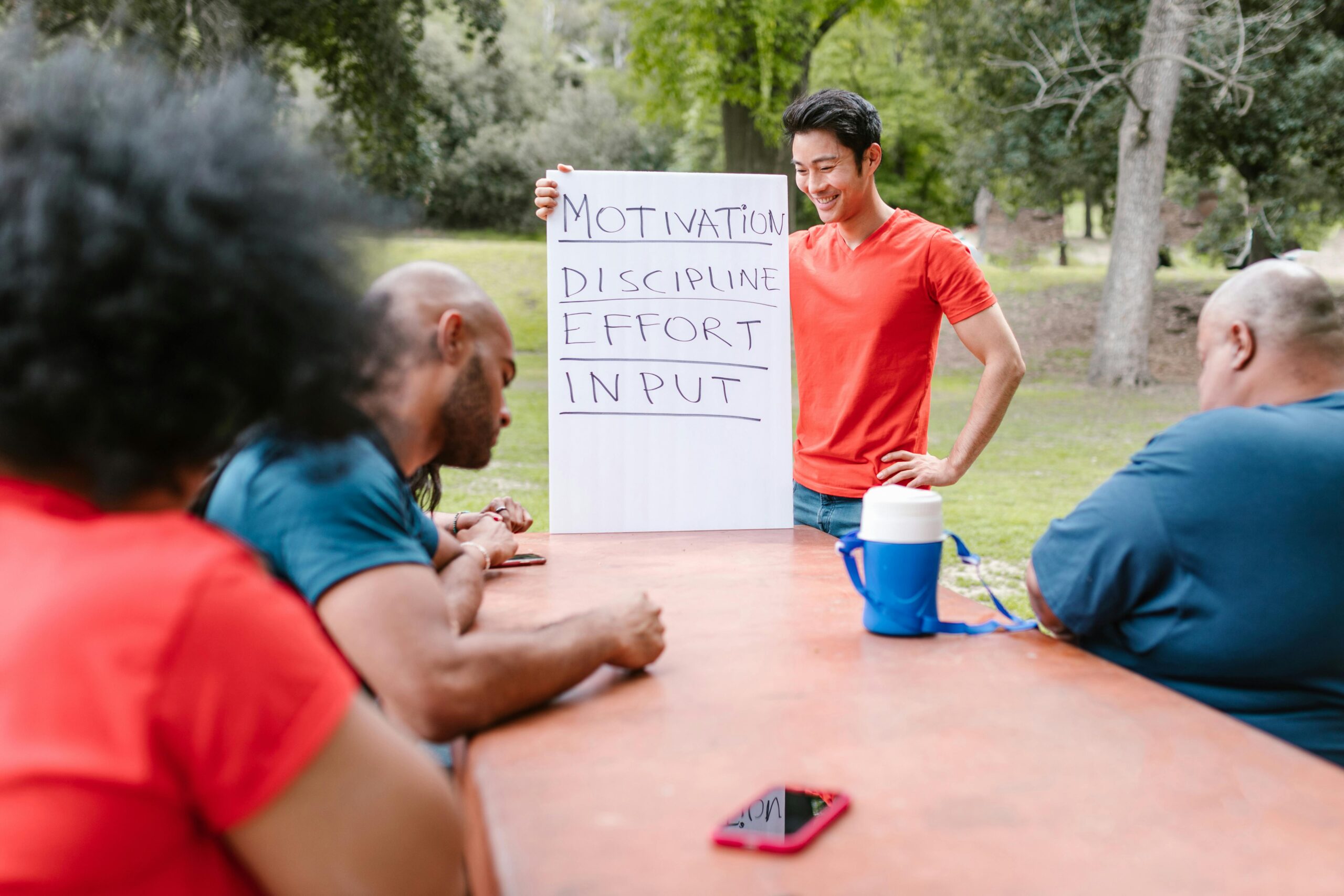The modern workplace transforms faster than ever before, demanding professionals adapt continuously or risk obsolescence in their chosen fields.
As industries evolve at breakneck speed driven by technological advancement, automation, and shifting market demands, the skills that seemed indispensable yesterday may become irrelevant tomorrow. This reality creates both anxiety and opportunity for career-minded individuals seeking stability and growth. Understanding how to identify, develop, and maintain skills with genuine longevity has become the cornerstone of sustainable career success.
The concept of “skill longevity” refers to abilities that remain valuable across technological shifts, organizational changes, and market disruptions. Unlike specialized technical skills that may depreciate rapidly, these enduring competencies form the foundation of career resilience. Learning to distinguish between fleeting trends and lasting capabilities represents perhaps the most critical meta-skill for modern professionals.
🔍 Understanding the New Career Landscape
The traditional career trajectory—mastering a specific skill set early and applying it for decades—has largely disappeared. Today’s professionals face a landscape where entire job categories emerge and vanish within years, where automation continuously reshapes role requirements, and where cross-disciplinary knowledge increasingly trumps narrow specialization.
Research from the World Economic Forum suggests that by 2025, the time spent on current tasks at work by humans and machines will be equal. This fundamental shift means that roles requiring purely routine cognitive or manual skills face significant disruption, while positions demanding creativity, emotional intelligence, and complex problem-solving gain prominence.
Industries once considered stable now experience turbulence. Journalism transformed with digital media. Retail reimagined itself around e-commerce. Healthcare integrates artificial intelligence into diagnostics. Financial services adopted blockchain and algorithmic trading. No sector remains immune to disruption, making adaptability the universal currency of career longevity.
💡 The Core Competencies That Transcend Industry Changes
Certain capabilities demonstrate remarkable resilience across technological and economic shifts. These foundational skills serve as career anchors, remaining valuable regardless of specific industry developments.
Critical Thinking and Complex Problem-Solving
While automation excels at executing predetermined processes, machines still struggle with ill-defined problems requiring contextual judgment. The ability to analyze ambiguous situations, identify underlying patterns, evaluate multiple solutions, and make reasoned decisions remains distinctly human. Professionals who cultivate sophisticated problem-solving capabilities create value that technology amplifies rather than replaces.
Developing this skill requires deliberate practice: seeking problems without obvious solutions, questioning assumptions systematically, and studying decision-making frameworks from diverse disciplines. The investment pays dividends across every career stage and industry transition.
Effective Communication Across Contexts
As work becomes increasingly collaborative and distributed, communication effectiveness grows more critical. This extends beyond basic clarity to include persuasion, storytelling, active listening, and adapting messages for diverse audiences and mediums.
The professional who can translate technical concepts for non-specialist stakeholders, facilitate productive conversations among conflicting parties, or craft compelling narratives around data possesses a universally valuable skill. Unlike specific software proficiencies that become outdated, communication excellence remains perpetually relevant.
Learning Agility and Intellectual Curiosity
Perhaps the most meta of future-proof skills is the capacity to learn efficiently. As the half-life of technical skills shrinks, the ability to rapidly acquire new competencies becomes more valuable than any single expertise.
Learning agility involves recognizing knowledge gaps quickly, identifying quality information sources, experimenting with new approaches, extracting lessons from failures, and transferring insights across contexts. Professionals with genuine curiosity and structured learning habits maintain relevance by continuously reinventing their skill portfolios.
⚙️ Balancing Specialized and Transferable Skills
Career resilience doesn’t mean abandoning specialized knowledge. Rather, it requires strategic balance between deep expertise and broadly applicable capabilities. The T-shaped professional—possessing depth in specific areas while maintaining breadth across domains—exemplifies this balance.
Your specialized skills provide immediate market value and professional credibility. They’re what employers initially hire you for and what distinguishes you from generalists. However, grounding these specializations in transferable competencies ensures you can pivot when your specific domain evolves or contracts.
Consider a marketing professional specializing in social media advertising. The specific platforms and algorithms they master today will certainly change, but the underlying understanding of consumer psychology, data analysis, creative messaging, and campaign optimization transfers across marketing evolution. Their specialization provides current income; their transferable skills ensure future employability.
Strategic Skill Stacking
Skill stacking involves combining competencies from different domains to create unique value propositions. A software developer who also understands user psychology creates better products than peers with purely technical knowledge. An accountant with data visualization skills communicates financial insights more effectively than traditional counterparts.
This approach increases your career resilience by creating multiple pathways forward. When one skill depreciates, others compensate. When industries converge, you’re positioned at valuable intersections. The combination itself becomes your competitive advantage.
📊 Identifying Skills with Staying Power
Not all capabilities age equally. Some skills remain valuable for decades while others become obsolete within years. Distinguishing between them requires systematic evaluation.
Skills rooted in fundamental human needs and interactions tend toward longevity. Negotiation, leadership, ethical reasoning, and relationship-building have remained valuable throughout economic history because they address unchanging aspects of human nature and social dynamics.
Conversely, skills tied to specific technologies or methodologies often have shorter lifespans. Expertise in particular software versions, coding languages without widespread adoption, or industry-specific processes vulnerable to automation offer less long-term security.
The Longevity Assessment Framework
- Automation resistance: Can machines perform this skill more efficiently?
- Cross-industry applicability: Does this capability transfer across sectors?
- Complexity level: Does mastery require significant contextual judgment?
- Human-centricity: Does it involve understanding human emotions, motivations, or relationships?
- Foundational nature: Does it underpin other skills or stand alone?
Skills scoring highly across these dimensions warrant substantial investment, as they’re likely to appreciate or at minimum maintain value over extended periods.
🎯 Building a Future-Proof Learning Strategy
Recognizing valuable skills represents only half the challenge. Systematically developing them requires intentional strategy rather than passive accumulation of experiences.
Implement Continuous Microlearning
Rather than waiting for formal training opportunities or dramatic career transitions, integrate learning into daily routines. Fifteen minutes of focused study daily accumulates to over ninety hours annually—sufficient for significant skill development.
Microlearning works particularly well for staying current with industry developments, exploring adjacent disciplines, and building awareness of emerging trends. Apps and platforms designed for bite-sized education facilitate this approach, making knowledge acquisition frictionless.
Seek Diverse Experiences Deliberately
Career resilience grows through varied experiences that stretch capabilities and expose you to different contexts. Volunteer for cross-functional projects, accept challenging assignments outside your comfort zone, participate in professional communities beyond your immediate field.
Each diverse experience builds mental models and pattern recognition that inform future situations. The project manager who’s worked across technology, healthcare, and education brings richer perspective than one who’s remained in a single sector, regardless of tenure.
Create Feedback Loops
Skill development requires honest assessment of current abilities and growth progress. Establish mechanisms for receiving objective feedback: mentorship relationships, peer review processes, self-assessment frameworks, or even metrics-based evaluation where applicable.
Regular feedback prevents skill stagnation and identifies development areas before they become career liabilities. The professional who discovers communication weaknesses early can address them; the one who avoids feedback may only recognize the problem when it costs them opportunities.
🌐 Navigating Industry-Specific Disruptions
While general principles apply across sectors, each industry faces unique disruption patterns requiring tailored approaches to career longevity.
Technology and Software Development
The technology sector exemplifies rapid change, with frameworks, languages, and paradigms constantly emerging. Developers future-proof careers by mastering computer science fundamentals, algorithmic thinking, and system design principles that transcend specific technologies. Understanding why solutions work matters more than memorizing how particular tools function.
Additionally, technology professionals increasingly need business acumen and domain expertise beyond pure coding. The developer who understands healthcare workflows or financial regulations creates more value than equally skilled peers lacking this contextual knowledge.
Healthcare and Medicine
Healthcare professionals face automation of diagnostic processes and data analysis while patient interaction and complex treatment decisions remain human-centered. Future-proof healthcare careers emphasize clinical judgment, patient communication, interdisciplinary collaboration, and ethical reasoning alongside technical medical knowledge.
Medical professionals who combine traditional expertise with data literacy and technology adoption position themselves as leaders in healthcare’s digital transformation rather than casualties of it.
Creative Industries
Writers, designers, artists, and other creative professionals face AI-generated content and automated design tools. However, creative work requiring genuine originality, cultural understanding, emotional resonance, and strategic thinking resists automation.
Future-proof creative careers combine artistic skill with business understanding, audience psychology, and cross-media fluency. The designer who thinks strategically about brand positioning adds more value than one focused solely on aesthetic execution.
🔄 The Role of Soft Skills in Career Longevity
Technical abilities open career doors, but interpersonal effectiveness determines long-term success. The so-called “soft skills”—emotional intelligence, collaboration, adaptability, cultural awareness—consistently rank among capabilities with greatest longevity.
These skills prove difficult to automate because they require navigating complex social dynamics, reading subtle interpersonal cues, and adapting behavior contextually. As routine tasks become automated, human work increasingly centers on these inherently social dimensions.
Professionals who invest in soft skill development often find these capabilities become differentiators as they advance. Technical competence becomes table stakes at senior levels; leadership effectiveness, strategic thinking, and relationship management determine who progresses further.
Emotional Intelligence as Career Foundation
Understanding and managing your emotions while recognizing and influencing others’ emotional states creates advantages across contexts. Emotionally intelligent professionals build stronger networks, navigate organizational politics more effectively, lead teams with greater success, and handle stress more sustainably.
Unlike technical skills requiring formal training, emotional intelligence develops through self-reflection, mindfulness practices, seeking feedback on interpersonal effectiveness, and deliberately practicing empathy in professional interactions.
💼 Making Strategic Career Transitions
Even with future-proof skills, most professionals eventually face career transitions—voluntary or forced. Approaching these strategically maximizes the value of your accumulated capabilities.
When considering transitions, inventory your transferable skills honestly. What competencies have you genuinely developed versus those your job title suggests but you haven’t practiced? Which capabilities do you enjoy deploying versus those you possess but find draining?
Successful pivots typically leverage existing strengths while stretching into adjacent areas rather than attempting complete reinvention. The accountant transitioning to data analytics builds on numerical proficiency while developing new technical skills. The teacher moving into corporate training applies pedagogical expertise to different contexts.
Building Transition Bridges
Create overlap between current and desired roles before making formal transitions. Volunteer for projects involving target skills, develop side projects demonstrating new capabilities, pursue relevant certifications, or accept hybrid roles bridging both domains.
These bridges reduce transition risk while building credibility in new areas. They also provide testing opportunities—confirming whether the new direction truly aligns with your interests before fully committing.
🚀 Leveraging Technology for Skill Development
Ironically, the same technological forces disrupting careers also provide unprecedented learning opportunities. Online courses, professional communities, educational apps, and digital mentorship platforms democratize access to knowledge once available only through expensive formal education.
Strategic professionals curate personalized learning ecosystems combining multiple resources. They might use structured online courses for foundational knowledge, participate in professional forums for practical insights, follow thought leaders for trend awareness, and engage coaches for personalized guidance.
The key lies in moving beyond passive consumption toward active application. The most effective learning involves immediate practice—taking a concept from a course and applying it to real work challenges that same week rather than accumulating theoretical knowledge without implementation.
🎓 Investing in Credentials That Matter
Professional credentials signal competence, but their value varies significantly. Some certifications provide genuine skill development and industry recognition; others offer little beyond credential inflation.
Before pursuing formal credentials, research their actual market value. Do hiring managers in your target roles require or value this credential? Does it develop skills or merely test existing knowledge? Will it remain relevant given industry trajectories?
Generally, credentials emphasizing fundamental competencies offer better longevity than those tied to specific tools or methodologies. Project management certifications focusing on universal principles outlast those teaching particular software. Business strategy credentials remain relevant while specific market analysis tools change.
🌟 Cultivating Your Professional Brand
Career longevity increasingly depends on reputation and network strength alongside pure competence. Your professional brand—how others perceive your capabilities, reliability, and expertise—creates opportunities that skills alone cannot.
Building a strong brand requires consistent demonstration of expertise through writing, speaking, teaching, or creating resources others find valuable. It means developing a distinctive point of view on your field’s challenges and contributing meaningfully to professional conversations.
This investment pays compounding returns. Strong professional brands attract opportunities rather than requiring you to seek them. They provide career insurance, as your reputation facilitates transitions even when specific skills depreciate.
🔮 Anticipating Rather Than Reacting to Change
The most career-resilient professionals develop trend awareness—monitoring their industry’s evolution to anticipate rather than merely react to disruptions. This involves following industry publications, attending conferences, participating in professional associations, and maintaining curiosity about adjacent fields potentially disrupting your own.
Early awareness of emerging trends provides time to develop relevant skills before they become mandatory. The accountant who recognized data science’s growing importance five years ago now possesses valuable capabilities many peers are only beginning to pursue.
Anticipatory skill development reduces career anxiety and positions you as a leader during transitions rather than someone scrambling to catch up. It transforms industry disruption from threat to opportunity.
🛡️ Building Resilience Beyond Skills
True career longevity requires more than skill portfolios—it demands psychological resilience, financial preparation, and lifestyle flexibility supporting adaptability.
Psychological resilience enables you to embrace change rather than resist it, to view setbacks as learning opportunities rather than failures, and to maintain confidence during uncertain transitions. Practices like reflection, stress management, and maintaining perspective contribute significantly to long-term career sustainability.
Financial preparation—maintaining emergency reserves, living below your means, avoiding lifestyle inflation—provides freedom to make career moves strategically rather than desperately. The professional with six months of expenses saved can afford to be selective about opportunities; the one living paycheck to paycheck cannot.
Lifestyle flexibility regarding location, work arrangements, and role requirements expands your opportunity set. Rigid constraints narrow options; flexibility creates possibilities, particularly important during industry disruptions affecting entire job categories.

🎯 Taking Action: Your 90-Day Future-Proofing Plan
Understanding future-proof career principles matters little without implementation. Consider this three-month action framework for beginning your career resilience journey:
Month One—Assessment: Inventory your current skills honestly, identifying which offer genuine longevity versus those vulnerable to disruption. Research your industry’s trajectory and emerging skill demands. Identify gaps between current capabilities and future requirements.
Month Two—Strategy Development: Design your personalized skill development plan balancing immediate career needs with long-term resilience. Select 2-3 high-value capabilities warranting focused investment. Identify learning resources and establish specific development goals with measurable milestones.
Month Three—Implementation and Habit Formation: Begin daily learning practices, even if brief. Seek projects applying new skills practically. Join professional communities supporting your development areas. Schedule monthly self-assessments tracking progress and adjusting strategy based on results.
This framework creates momentum without overwhelming your current responsibilities. Small consistent actions compound dramatically over time, particularly regarding skill development.
The modern career landscape demands more adaptability than previous generations faced, but it also offers unprecedented opportunities for those approaching professional development strategically. Skills with genuine longevity—critical thinking, effective communication, learning agility, emotional intelligence—remain accessible to anyone willing to invest in their development. By balancing specialized expertise with transferable capabilities, maintaining curiosity about industry evolution, and cultivating both technical competence and interpersonal effectiveness, you create career resilience transcending any single disruption. The future belongs not to those resisting change but to those continuously adapting while remaining grounded in fundamentally human capabilities that technology amplifies rather than replaces. Your career longevity ultimately depends less on predicting specific future developments than on building the adaptive capacity to thrive regardless of how your industry evolves. 🌱
Toni Santos is an education futurist and learning design researcher dedicated to reimagining how people build skills in a fast-changing world. With a focus on cognitive tools, EdTech innovation, and equitable access, Toni explores systems that help learners think deeper, adapt faster, and learn for life. Fascinated by the science of learning and the power of technology to personalize growth, Toni’s journey bridges classrooms, startups, and global initiatives. Each project he shares is an invitation to transform education into a continuous, human-centered experience—where curiosity, practice, and purpose align. Blending learning science, product design, and policy insight, Toni studies models that turn knowledge into capability at scale. His work highlights how thoughtful design and inclusive technology can unlock talent everywhere—across ages, cultures, and contexts. His work is a tribute to: Cognitive learning tools that make thinking visible and transferable EdTech innovation that expands access and personalizes pathways Lifelong learning systems that support relevance, resilience, and purpose Whether you’re building a learning product, shaping policy, or growing your own skills, Toni Santos invites you to design learning for tomorrow—one insight, one practice, one empowering pathway at a time.




